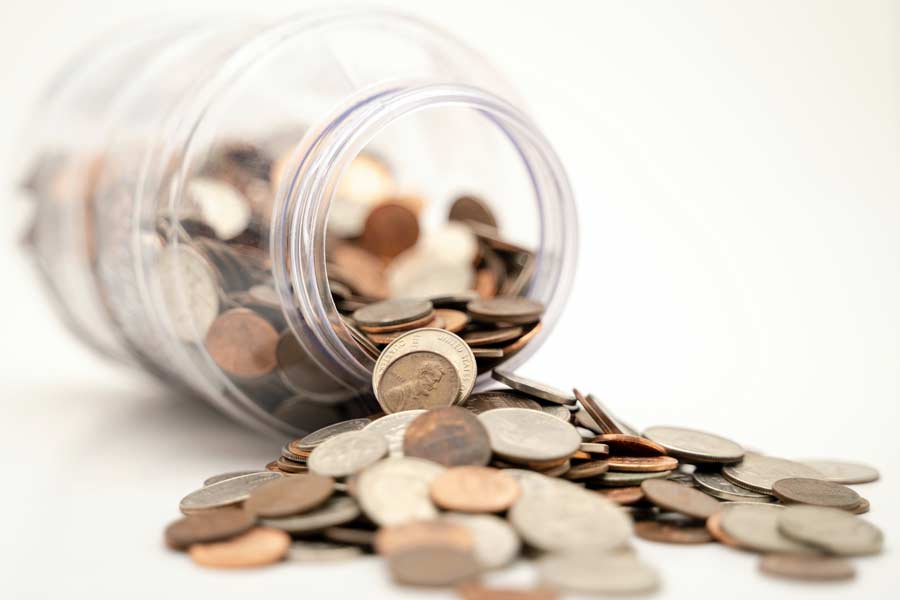
Having a place to own and call home is a satisfying feeling. Homeowners have a place to raise their family and invite guests. This dream seems like a far off fantasy, however, for many renters who are struggling to save up enough money for a down payment. Most people have heard the common piece of advice that new home buyers should pay 20% of a home’s total cost up front as a down payment, but this figure may seem intimidating as house prices continue to rise. Do buyers really need to pay so much up front to have a chance at their dream home, or can they make it work with a lower down payment? We’ll discuss this option and its pros and cons below.
Pros of Buying a House with a Low Down Payment
Before putting off the purchase to keep saving up for that 20% down payment, it’s important for buyers to understand that making a low down payment is not only a viable option, but also comes with some key advantages.
It Expands the Pool of Potential Buyers
Not all buyers have enough cash in hand to reach that coveted 20% goal. Lenders understand this, and they make room in favor of those who don’t have much immediate cash but are willing to pay off a higher mortgage over a longer time frame. Allowing a low down payment actually works in favor of the lender, because there will be more buyers willing to purchase the house. Therefore, if this option is not listed in the details of the house, it will significantly limit the pool of potential buyers.
It Leaves the Buyer with Extra Money for Renovations
While a new home is always a purchase worthy of celebration, it may not feel worth it for a buyer who has no money left over after sinking all their savings into the down payment. Not all buyers will love the house as it is, and they will need to make changes to be more comfortable in it. They may need extra money to do extra renovations. .Therefore, buying the house with a small down payment will enable extra cash to make the changes.
It Leaves Room for Other Investments
While housing expenses are among the most significant bills for most people, buying a new home doesn’t mean other bills stop. Paying a low down payment will give buyers time and extra cash to settle these other bills. Some may want to move in, but they don’t have a car to travel to school and work. Thus, the low down payment will give them a chance to invest the extra money to pay for these needed expenses.
Cons of Buying a House with Small Down Payment
It Makes Future Payments More Difficult
As mentioned before, when a buyer first moves into the house, they may start doing renovations. The renovation may end up costing more than they thought. Eventually, they may not have the extra money to pay the full mortgage amount in the long run, and a lower down payment only makes future mortgage payments higher and more drawn out.
It Results in Increased Interest Rates
Buying a house with a low down payment will mean that a buyer will incur the extra cost of an increased interest rate. It’s because the lender will be taking an increased risk. A buyer who makes a higher down payment may not have the same burden of paying high interest rates like the one who paid less up front.
In Conclusion
Not everyone may have all the money to pay for 20% of a home’s cost up front This shouldn’t stop would-be buyers from achieving their goals, however, as making a lower down payment is a completely viable option that many lenders are happy to agree to. However, this option has important pros and cons that buyers should consider before settling for it.
https://www.thedamrongroup.com/pros-and-cons-of-making-a-low-down-payment-on-a-home/?utm_source=rss&utm_medium=rss&utm_campaign=pros-and-cons-of-making-a-low-down-payment-on-a-home
No comments:
Post a Comment